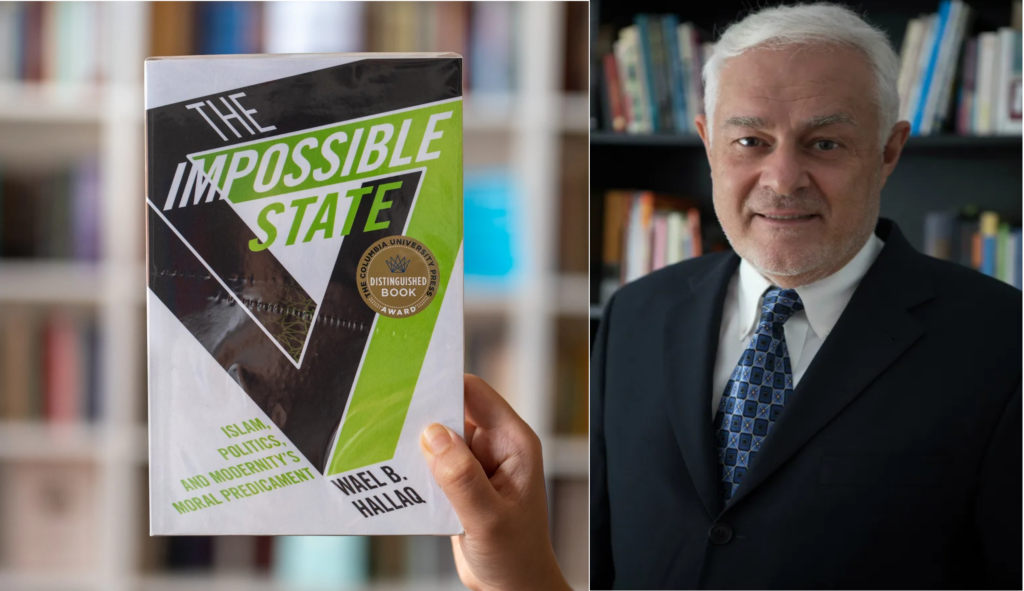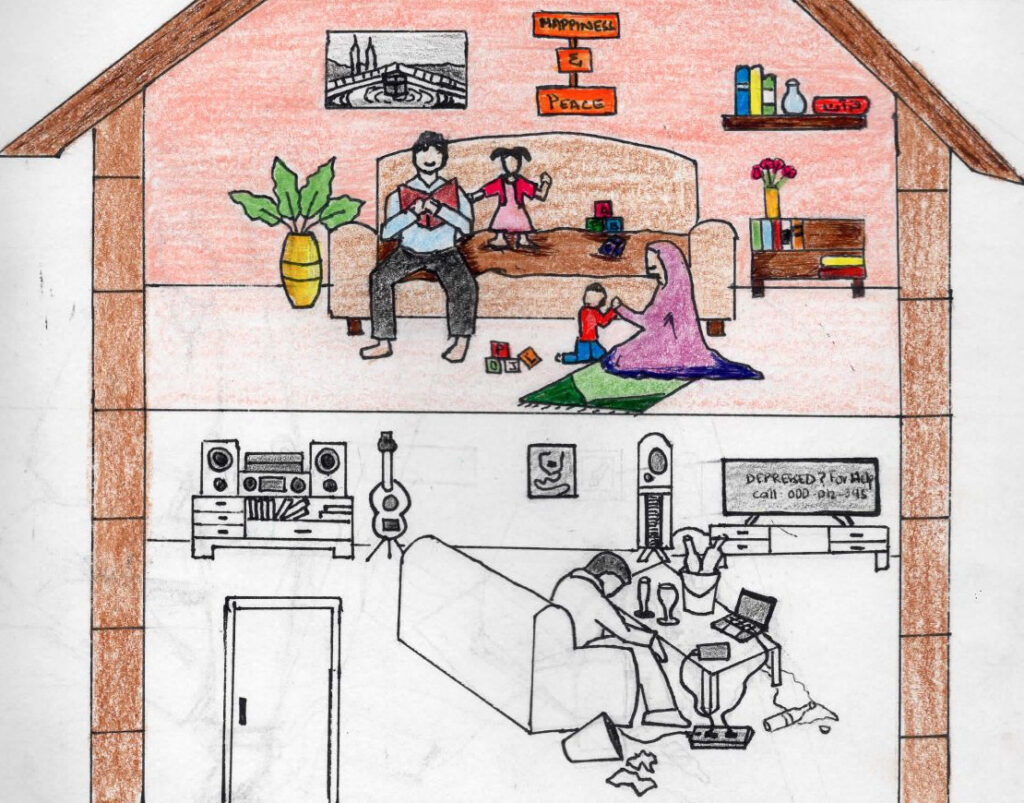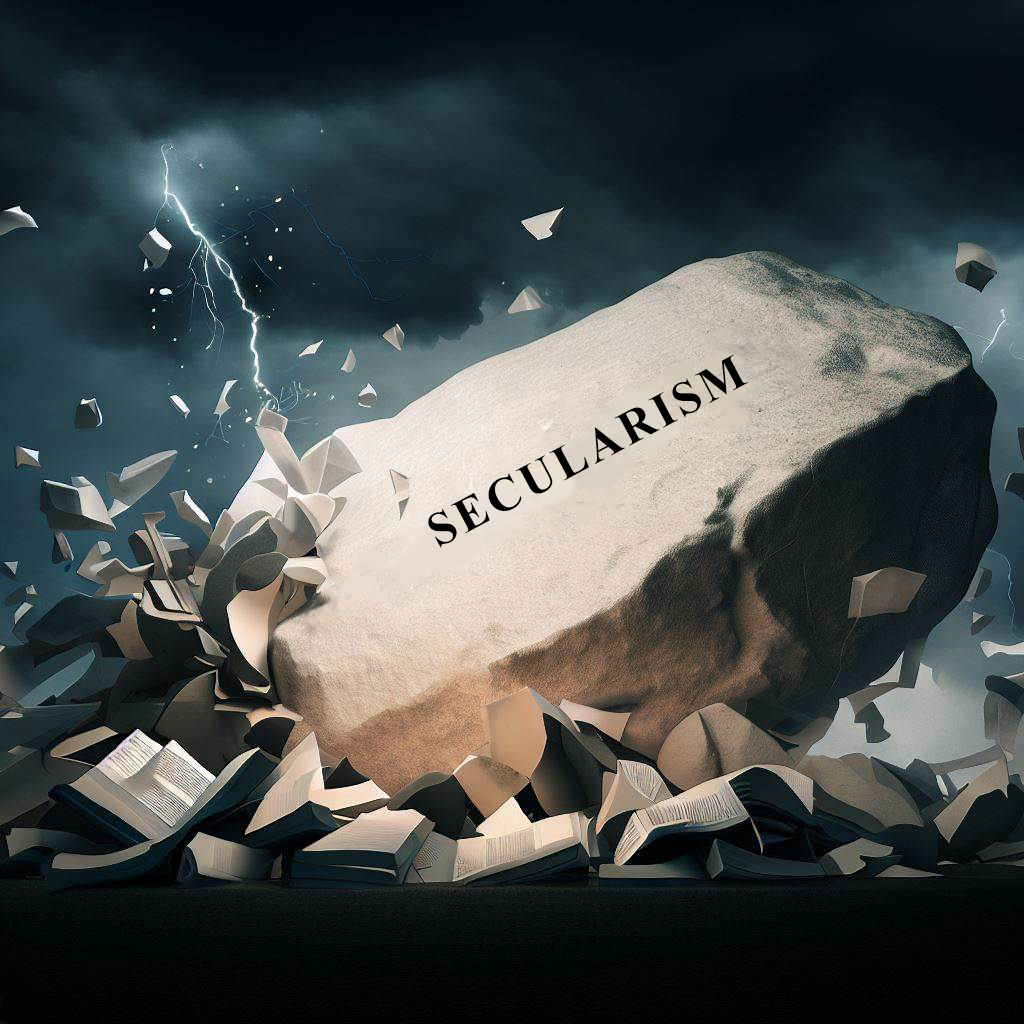Sin is understood to be anything that does not feel right in your heart according to a hadith1. And heart or the inner nature (Fitrah) of an individual is considered to be a moral compass that guides him in his daily life as the inner self (Fitrah) is considered to be naturally inclined towards submitting to the Divine2. Of course, the inner moral compass is to be refined, re-tuned, and re-oriented by constant reminders (Zikr)3 so one does not stray off the course.
So, sin can be understood, in Islam or Abrahamic tradition, to be any and all moral and ethical wrongs, as sinning breaks the moral code that has been ordained by the Divine. And the legislation of a moral code or law in Islam is the exclusive domain of Allah.
The word sin is defined in Merriam-Webster’s dictionary as “an offense against religious or moral law” or “transgression of the law of God” and in the Oxford dictionary as “an immoral act considered to be a transgression against divine law.” The word “Sin”, which is synonymously used in human language with wrongs, offense, crime, etc., has its roots and trunk in religion and theology. This has posed a challenge to the liberal secular worldview which does not accept the legislation of moral code to be God’s exclusive domain. It also does not consider transgressing against His laws as an evil that should be discouraged. The moral compass or principle according to the liberal secular worldview is an Individual, their freedom, their pleasure, and pain (harm principle). This conception of morality is at complete odds with the Abrahamic conception as it puts man in the place of God4.

The struggle with this word and its religious connotation was expressed in a New York Times article titled ‘Raising Children Without the Concept of Sin’5. The author described how the term ‘sin’ made her feel, in particular, due to her experience of being raised in an unreasonably (in my opinion) strict Christian household. This supposedly pushed her away from religion. What stood out about her description of ‘sin’ was how it evoked the feeling of guilt inside her. This feeling of guilt and reproaching of the conscience is an unwanted feeling for secular liberals and it was triggered in her when she was asked by her daughter “what is sin?”, she had raised her children without the concept of sin.
Islam considers this feeling to be an inbuilt moral compass that tries to steer the person away from the disobedience of God to His obedience,6 thus, reigning in personal liberties and desire. This is a phenomenon we are witnessing globally and in Pakistan. We see the attempts to do away with the guilt that comes with abortions, homosexual lifestyle, promiscuity, drug consumption, etc. by justifying its morality on the liberal scale of freedom and personal choice. The recent backlash faced by Maulana Tariq Jameel for his criticism last Ramadan of the promiscuous dressing increasingly adopted by the Muslim youth is an example of this struggle to do away with the concept of sin. The arguments from the liberal secular class flooded the media, social and electronic, many contending that how one dresses is a matter of personal choice than of a Divine moral code.
In the West, we saw how over time extramarital relations and then homosexuality were completely normalized and now only the most devout Christians and Jews hold any apprehensions against these lifestyles and actions. We are seeing a similar growing trend in Pakistan of normalizing homosexuality in the public discourse and extramarital living-in relationships. These choices are argued for on the basis of personal freedom and choice and any guidance from religion is seen as infringing on those freedoms.
The claim of secularism to tolerate and allow religion in the private/personal domain is proving to be false in the current times. Secularism has entered the private domain from its self-ascribed exclusive position in the public domain, as a worldview that seeks to complete its domination by eliminating any threat to it. It’s only logical for it to behave in this manner as it is common sense that the ideas adopted and entertained in personal/private will eventually make their impact on the public domain and vice versa. Sin, a word and a concept that is religious at its core will be seen as a threat to the secular liberal worldview. We have already seen how Hell and eternal punishment have been completely downplayed and simmered down in the Christian west and we are seeing a similar trend in the Muslim world, the New York Times’s article also refers to the aversion the author feels by the idea of Hell and eternal punishment. The death of sin will be another milestone in the battle between the two worldviews of secular liberalism and religion.
It is said that the greatest trick that the Devil ever played was to fool men into thinking he does not exist. The disappearance of sin as a concept or a moral wrong can be said to be among the tricks of the devil.
It is interesting to note that the liberals consider the concept of sin to be an oppression of the individual and a transgression against their liberty while the Quran equates not submitting to God with transgressing against oneself.
And those who, when they commit an immorality or wrong themselves [by transgression], remember Allah and seek forgiveness for their sins – and who can forgive sins except Allah? – and [who] do not persist in what they have done while they know. (Al Imran:135)
1. Wabisah ibn Ma’bad reported: The Messenger of Allah, peace and blessings be upon him, said to me, “Have you come to ask about righteousness and sin?” I said yes. The Prophet clenched his fist and struck his chest, saying, “Consult your soul, consult your heart, O Wabisah. Righteousness is what reassures your soul and your heart, and sin is what wavers in your soul and puts tension in your chest, even if people approve it in their judgments again and again.”Source: Sunan al-Dārimī 2533
2. (30:30) (O Prophet and his followers), turn your face single-mindedly to the true Faith and adhere to the true nature on which Allah has created human beings. The mold fashioned by Allah cannot be altered. That is the True, Straight Faith, although most people do not know.
3. (38:1) …By the Quran, full of reminders!
4. (45:23) [Prophet], consider the one who has taken his own desire as a god, whom God allows to stray in the face of knowledge, sealing his ears and heart and covering his eyes- who can guide such a person after God [has done this]? Will you [people] not take heed?
5. https://www.nytimes.com/2019/01/25/well/family/raising-children-without-the-concept-of-sin.html
6. (75:2) and I swear by the self-reproaching conscience,




